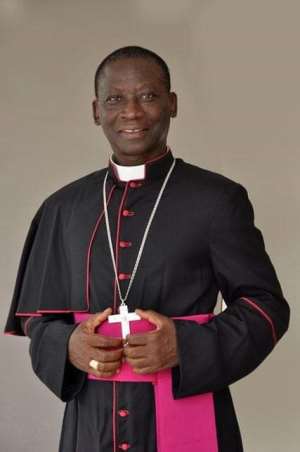Pope Francis has been a beacon of change within the Catholic Church, often pushing boundaries with his progressive views. His leadership style and approach to modern issues have garnered both praise and criticism from various quarters. One of the most significant aspects of his papacy is his stance on social issues, particularly those concerning the LGBTQ+ community. This article explores one of his groundbreaking moves—his approval for blessings for same-sex couples—and delves into its implications.
The decision by Pope Francis to allow Catholic priests to bless same-sex couples marks a pivotal moment in the history of the Catholic Church. While the Church continues to uphold traditional teachings about marriage as being between a man and a woman, this development signals a shift towards greater inclusivity and understanding. By embracing diversity and promoting dialogue, Pope Francis aims to create a more compassionate and welcoming environment for all individuals, regardless of their sexual orientation.
A Step Towards Inclusivity: Pope Francis' Approval
In a monumental move, Pope Francis formally approved the blessing of same-sex couples, marking a radical shift in Vatican policy. This decision comes after years of debate and reflection within the Church regarding how best to address the needs of the LGBTQ+ community. The Vatican's announcement highlights the Pope's commitment to fostering an atmosphere of acceptance and love, aligning with his broader vision of a more inclusive Church.
While this approval does not equate to recognizing same-sex marriages in the eyes of the Church, it represents a significant step forward. By allowing blessings, the Church acknowledges the existence and value of these relationships, offering spiritual support without necessarily altering doctrinal positions. This nuanced approach reflects Pope Francis' desire to balance tradition with contemporary realities.
Moreover, the decision underscores the importance of pastoral care and empathy in ministering to all members of society. It encourages clergy to engage with same-sex couples in meaningful ways, providing them with opportunities for spiritual growth and connection within the Church community. Such initiatives aim to reduce stigma and promote mutual respect among diverse groups.
Blessings Without Endorsement: Striking a Balance
Despite approving blessings for same-sex couples, Pope Francis emphasized that these should not be interpreted as endorsements of such unions as equivalent to heterosexual marriages. Instead, they serve as gestures of goodwill and recognition of human dignity. This distinction allows the Church to maintain its doctrinal integrity while extending compassion to those who may feel marginalized or excluded.
Critics argue that the limitations placed on these blessings diminish their significance. However, proponents see them as vital steps toward creating a more inclusive Church. They believe that even small changes can lead to larger transformations over time, fostering environments where everyone feels valued and respected.
For many couples, receiving a blessing signifies validation of their relationship within a religious context, enhancing their sense of belonging and spirituality. Although critics highlight potential drawbacks, the overall impact remains positive, emphasizing themes of mercy, forgiveness, and unconditional love central to Christian teachings.
Defending Progress: Addressing Misunderstandings
Pope Francis defended his decision to approve blessings for same-sex couples, addressing concerns raised by some sectors of the Church. He urged against jumping to conclusions based on misunderstandings, encouraging open discussions to clarify intentions behind the initiative. His defense reinforces the idea that progress requires patience, understanding, and collaboration.
By defending this landmark decision, Pope Francis demonstrates leadership through dialogue and education. He invites skeptics to explore deeper meanings behind actions taken by the Church, ensuring alignment with core principles of faith and morality. This approach strengthens unity within the global Catholic community.
Furthermore, clarifying remarks made earlier about homosexuality and sin helps dispel misconceptions surrounding the Church's stance. Reaffirming that homosexuality itself is not sinful but rather certain acts outside marriage are problematic, Pope Francis promotes clarity and consistency in messaging. Such efforts enhance credibility and trust among followers worldwide.
Expanding Horizons: A Vision for Unity
Pope Francis' willingness to include gay, trans, and HIV-positive individuals in conversations about justice and equality showcases his dedication to advancing human rights. Through direct involvement in national debates around marriage equality, he exemplifies proactive engagement with pressing social issues affecting millions globally.
This engagement extends beyond mere rhetoric; it involves tangible actions aimed at improving lives and promoting fairness across different demographics. By championing causes dear to marginalized communities, Pope Francis solidifies his reputation as a reformist leader committed to positive change.
Ultimately, Pope Francis' complex yet inspiring journey reflects evolving attitudes within the Catholic Church towards embracing diversity and advocating for universal human rights. As he continues navigating challenges posed by modernity, his legacy will undoubtedly shape future generations' perceptions of religion and its role in shaping equitable societies.

